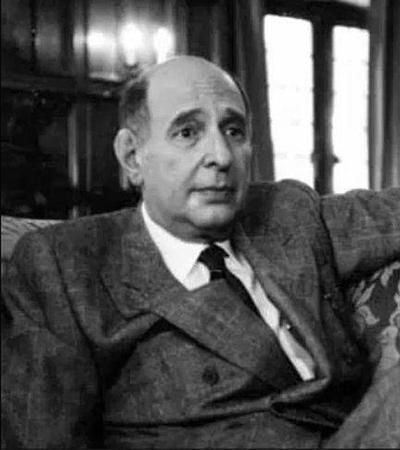
Biography
Allan Bloom was born in 1930 in Indianapolis, Indiana. At his death in 1992, Bloom was the John U. Nef Distinguished Service Professor in the Committee on Social Thought at the University of Chicago and co-director of the John M. Olin Center for Inquiry into the Theory and Practice of Democracy. During the course of his career, Bloom also taught at the École Normale Supérieure in Paris (1953–55), Yale (1960–63), Cornell University (1963–70), the University of Toronto (1970–79), and Tel Aviv University (1970).
Bloom completed his undergraduate and graduate degrees at the University of Chicago, writing his dissertation on the political philosophy of Isocrates and receiving his Ph.D. in 1955. Among his undergraduate classmates were future political theorists Seth Benardete and Stanley Rosen. At Chicago, Bloom studied under Leo Strauss, whose influence can be seen in much of Bloom’s writing. Bloom also studied with Alexandre Kojève in Paris, and later edited the English edition of Kojève’s lectures on Hegel.
Bloom is best known to the general public for his 1987 best seller The Closing of the American Mind, a critique of American university education and an analysis of the growing influence of Nietzsche and other European philosophers on popular and academic discourse in America. Even before the publication of Closing, however, liberal education was a major theme of Bloom’s work, central to his interpretation of Plato’s Republic and Rousseau’s Emile as works devoted to philosophic education. Bloom discusses both his discovery of the great books as a student at Chicago in the 1950s and the threats to liberal education that he perceived first-hand in the student riots at Cornell in the late 1960s. At the time, Bloom was a professor at Cornell, and he witnessed the student takeover of a campus building and the unwillingness of the administration to stand up to the students. In response to the administration’s feeble response to the protests, Bloom, along with his friend and colleague Walter Berns, resigned from Cornell. This incident helped color Bloom’s understanding of the role of the university in a democratic society.
Bloom’s translations of classic texts represent another enduring element of his legacy. His translations of Plato’s Republic (1968) and Rousseau’s Emile (1979) are considered by many scholars to be the best in the English language. While general editor of Cornell’s Agora Editions, Bloom also oversaw translations of authors who had been neglected in much recent American and European scholarship, and whose importance had been reestablished by Leo Strauss. These authors included Xenophon, Al-Farabi, and Averroes.
An admired, devoted, and inimitable teacher, Bloom was the inspiration for the title character of Ravelstein, a novel by Bloom’s friend and University of Chicago colleague Saul Bellow.
